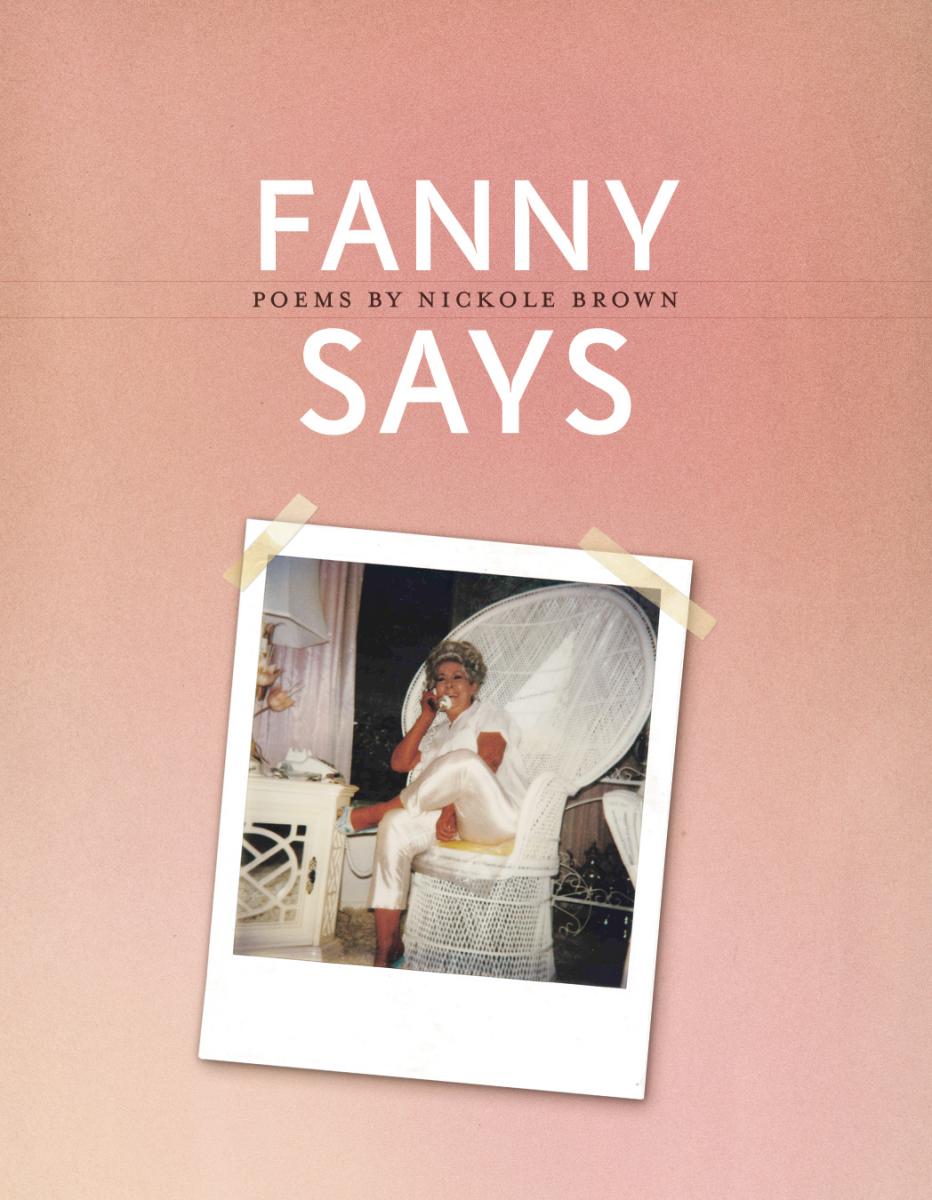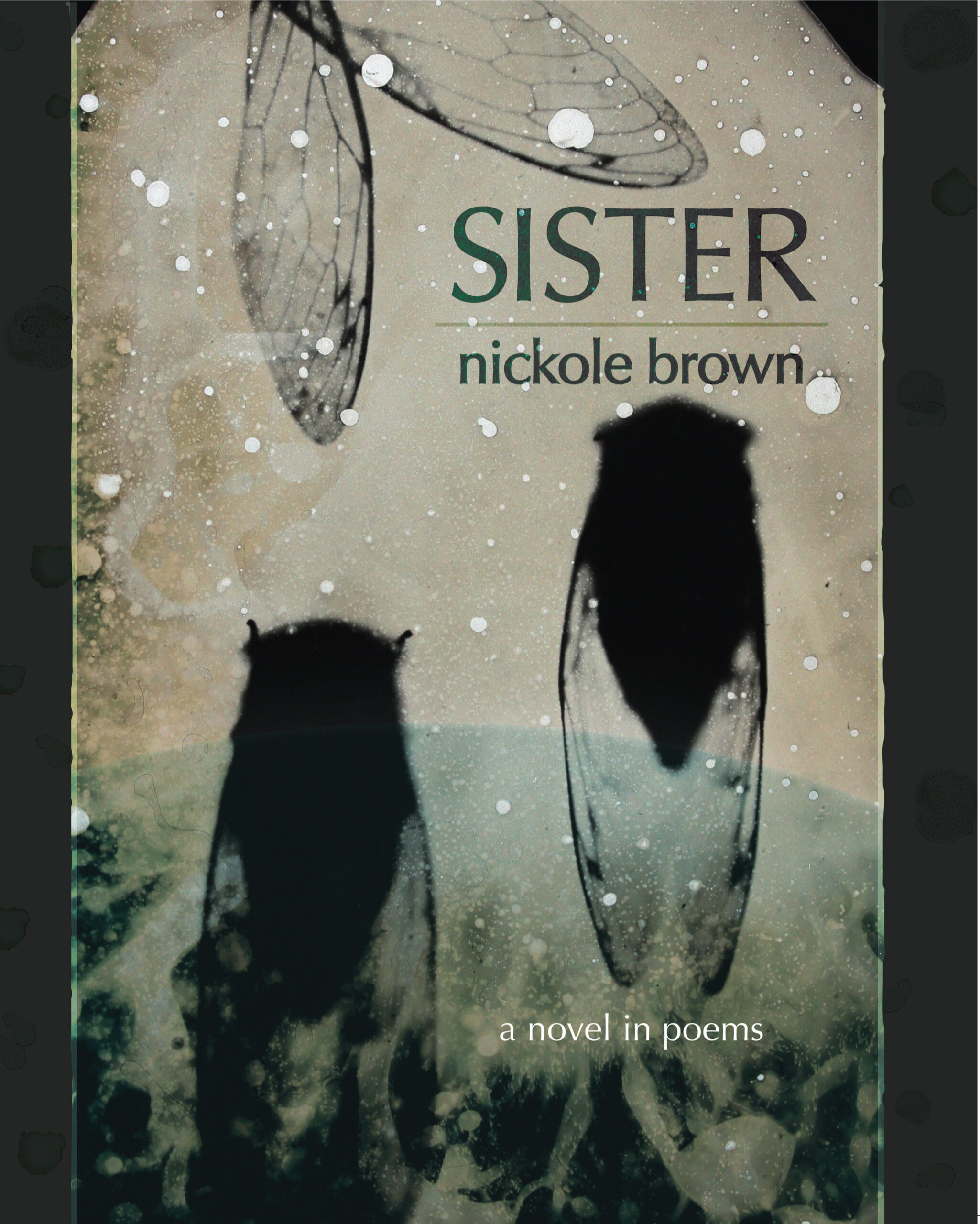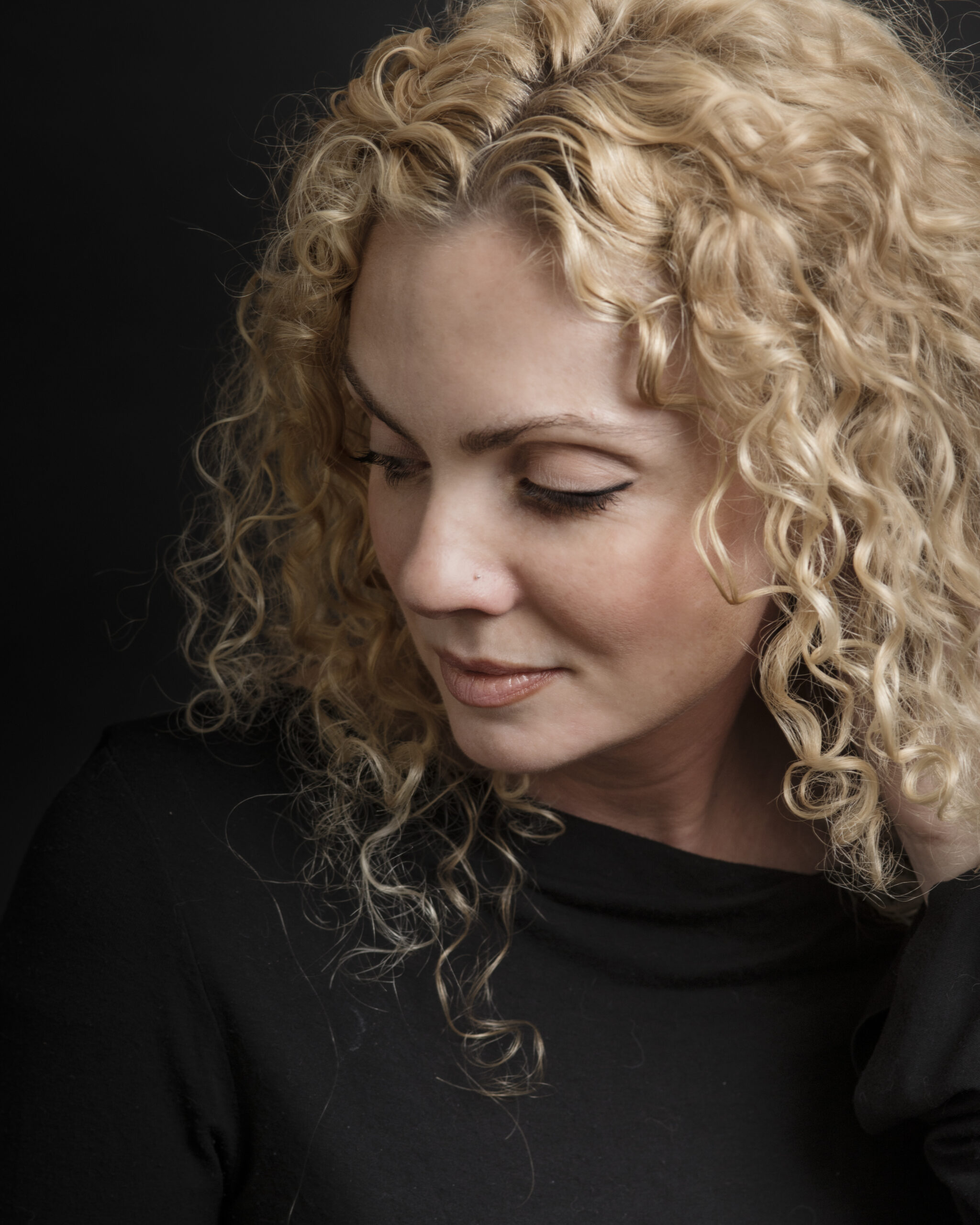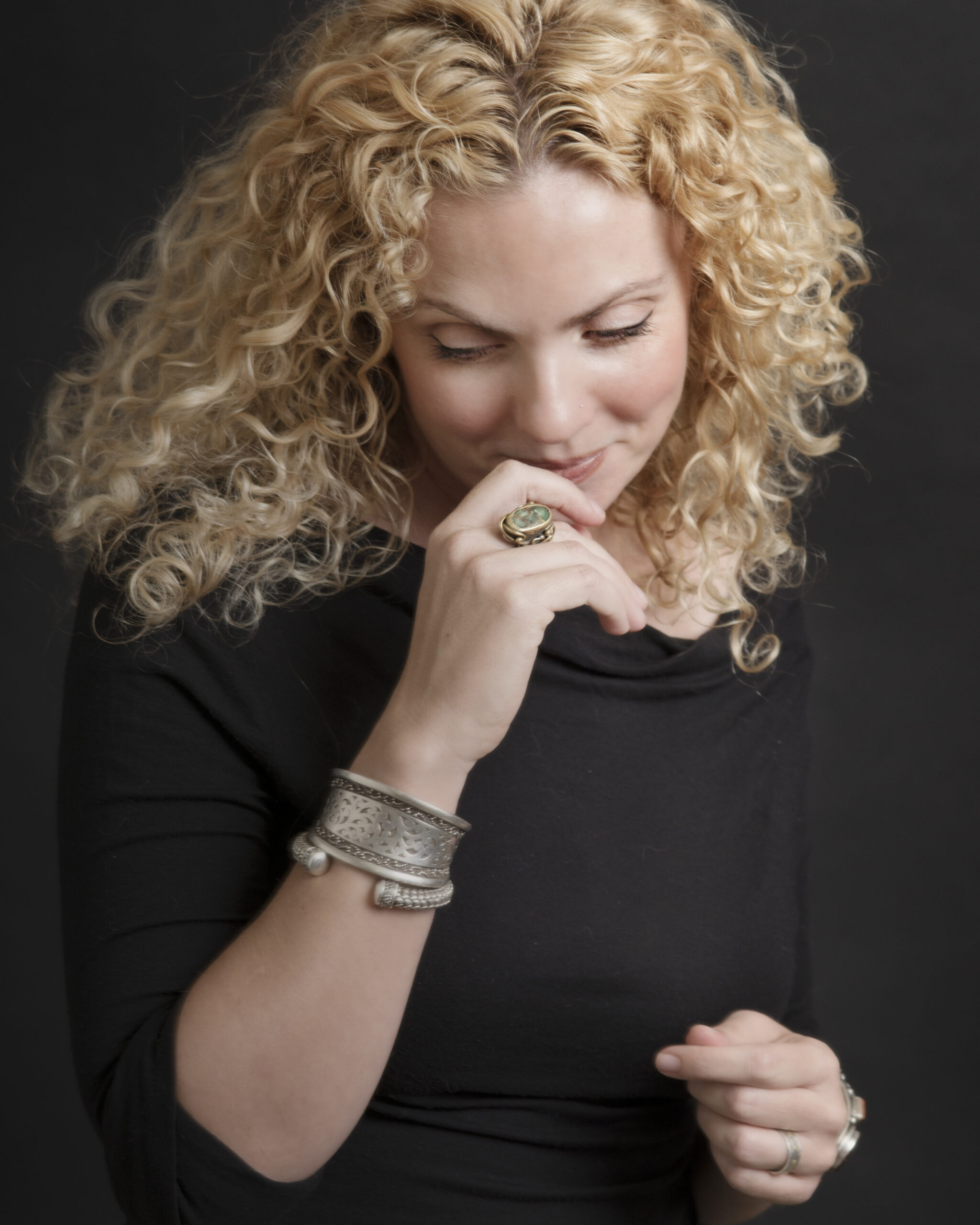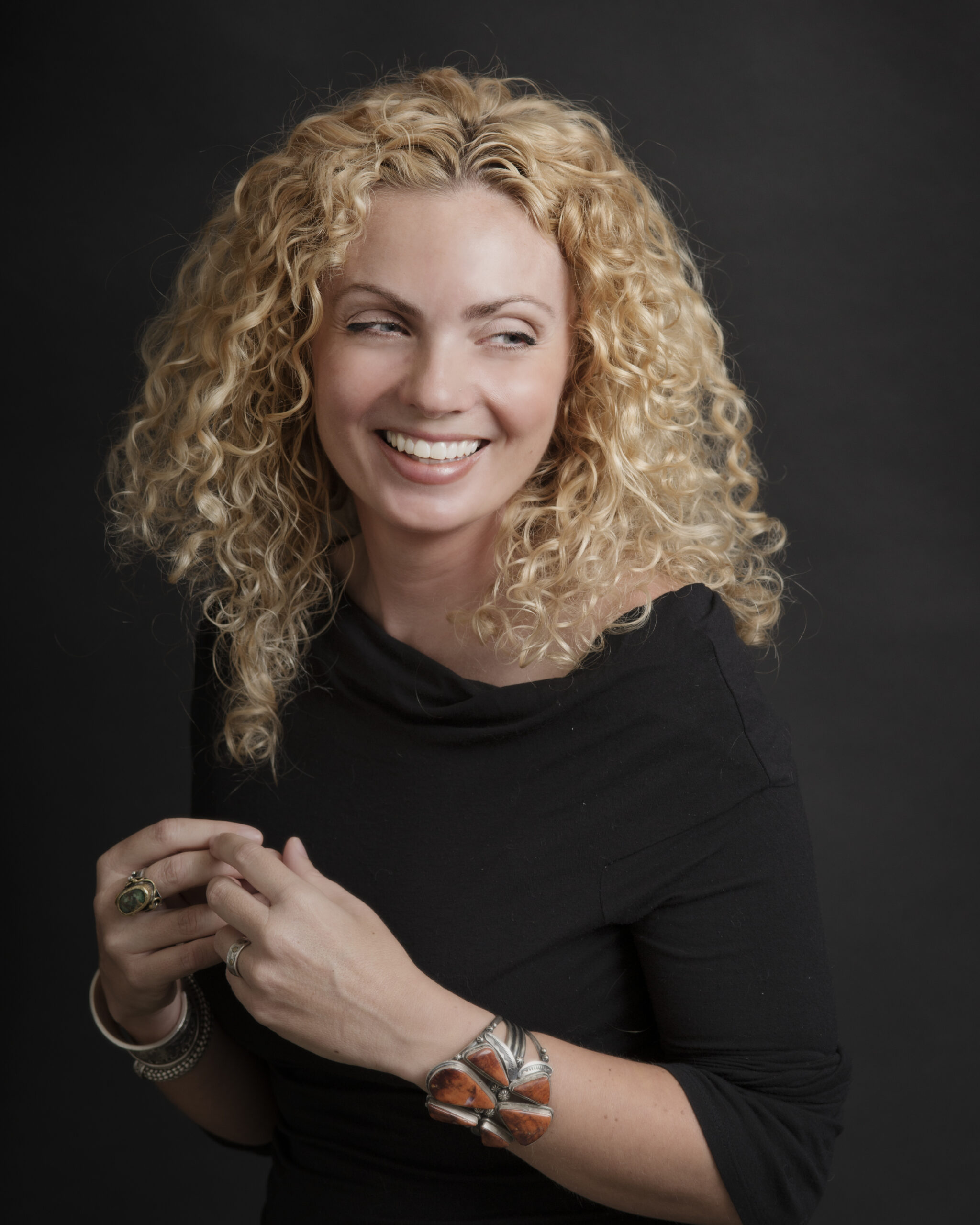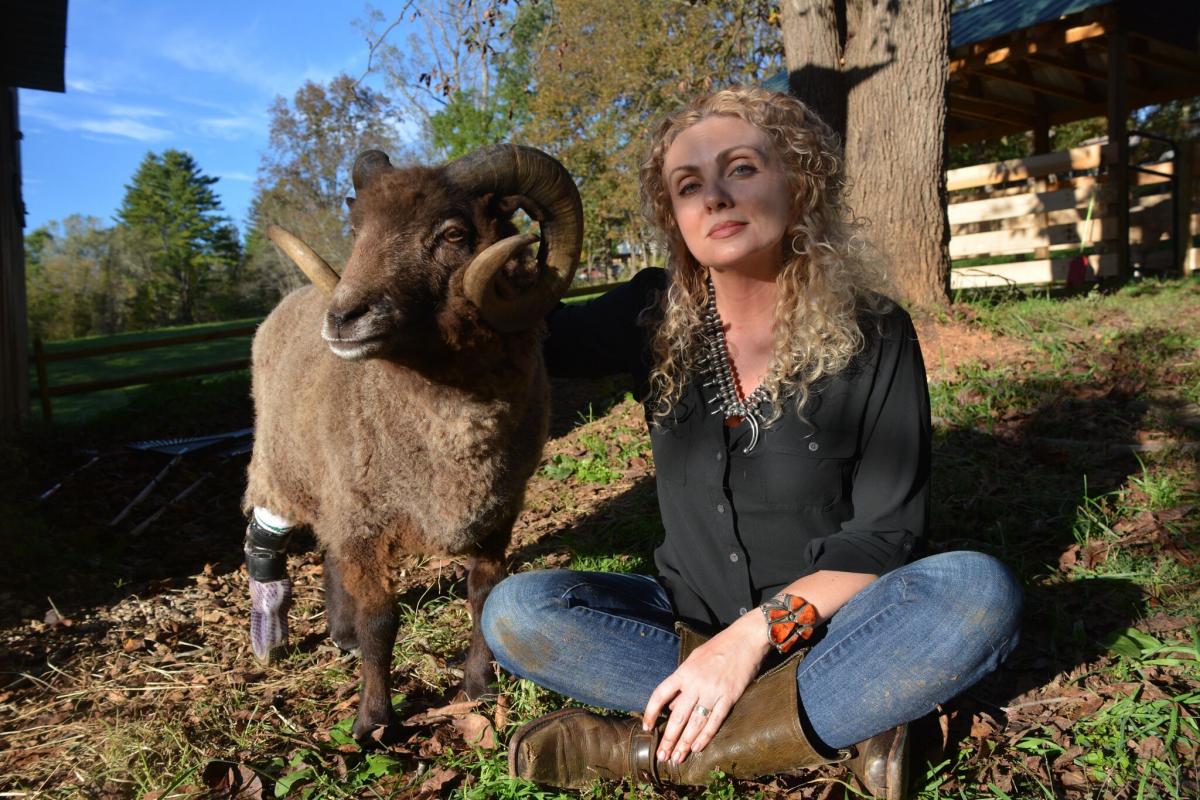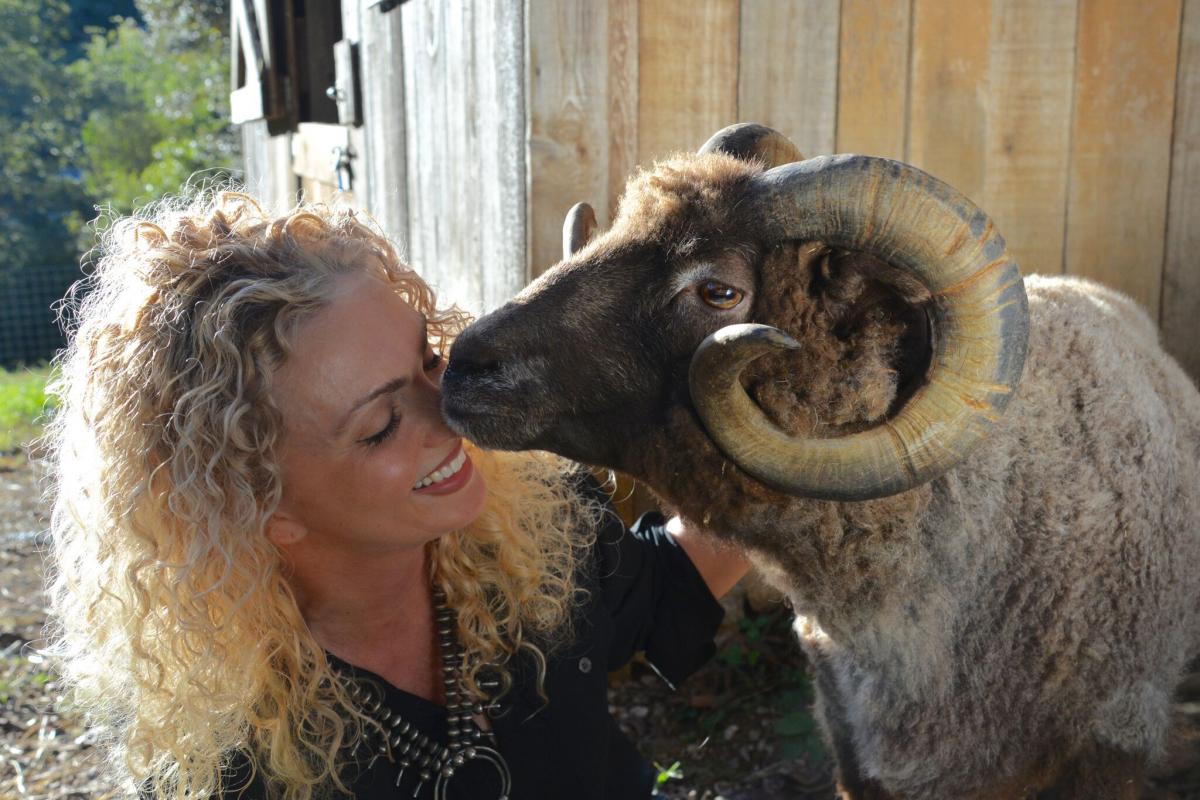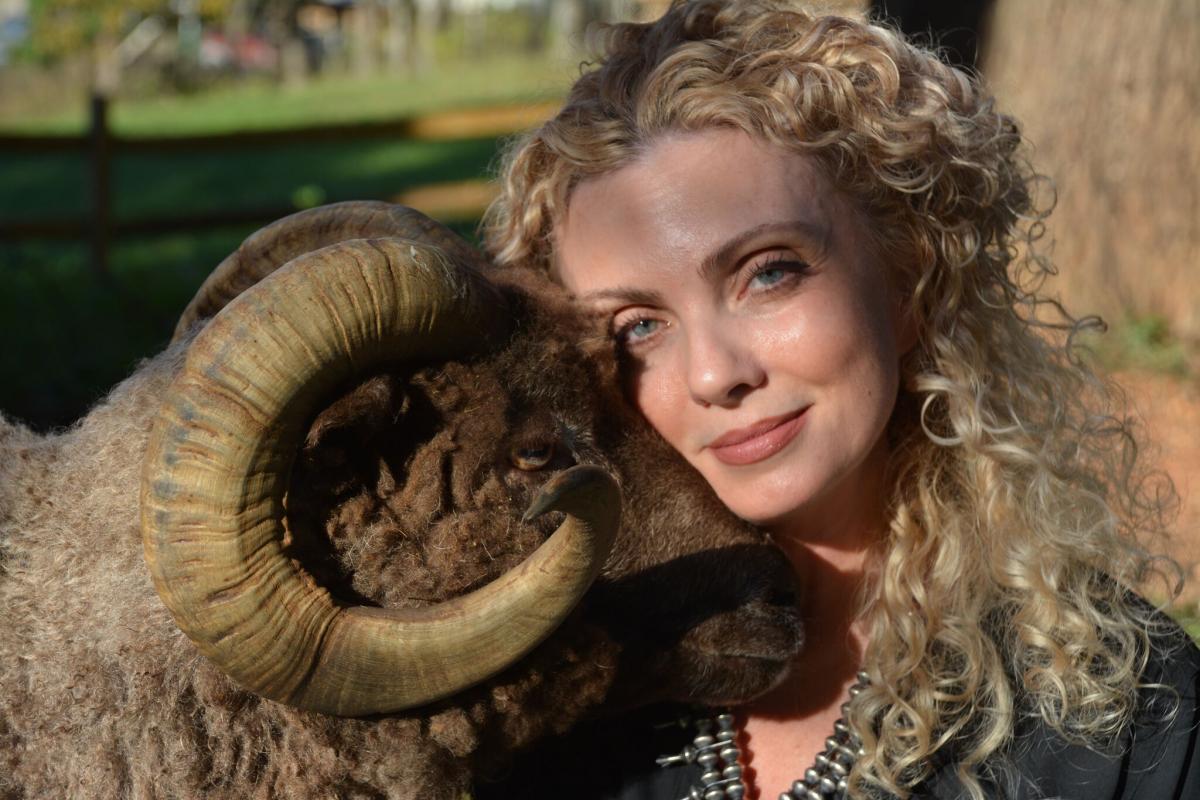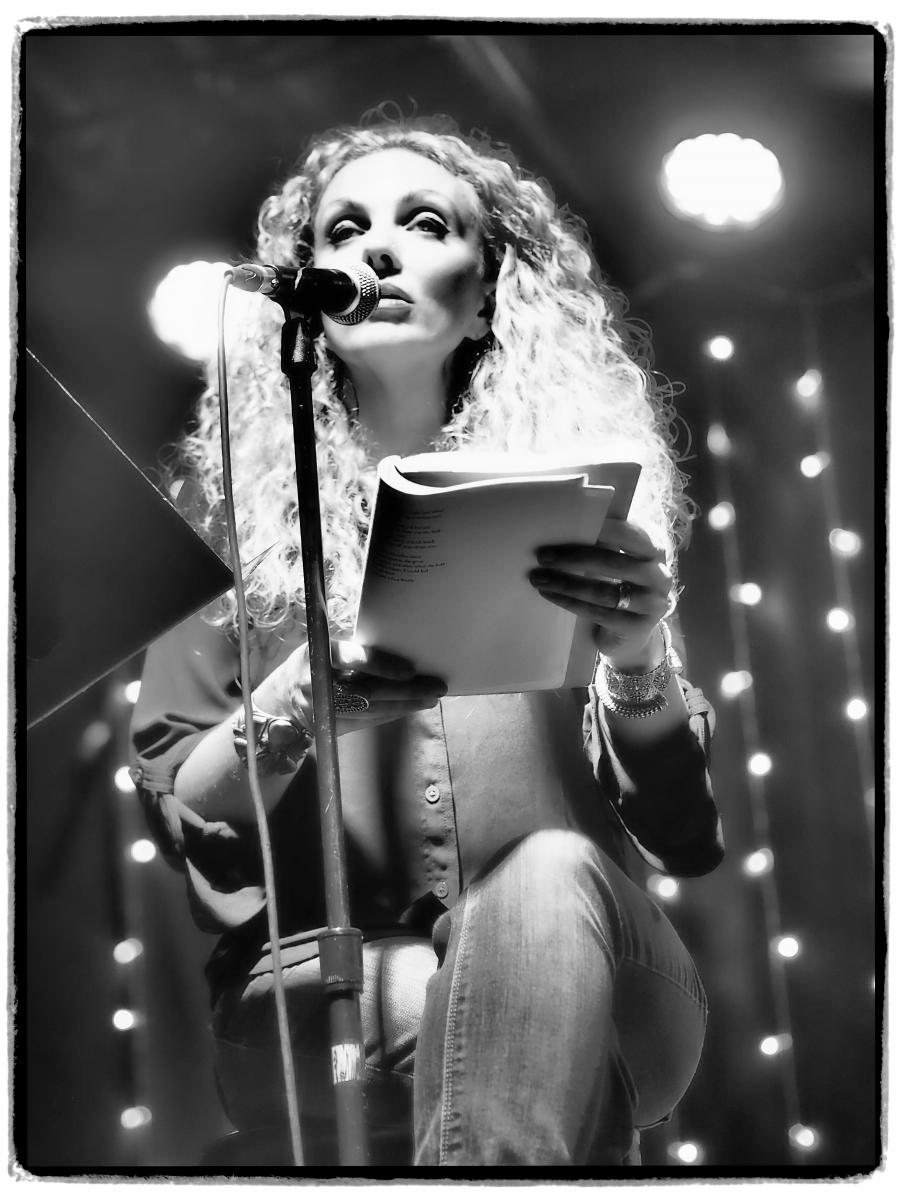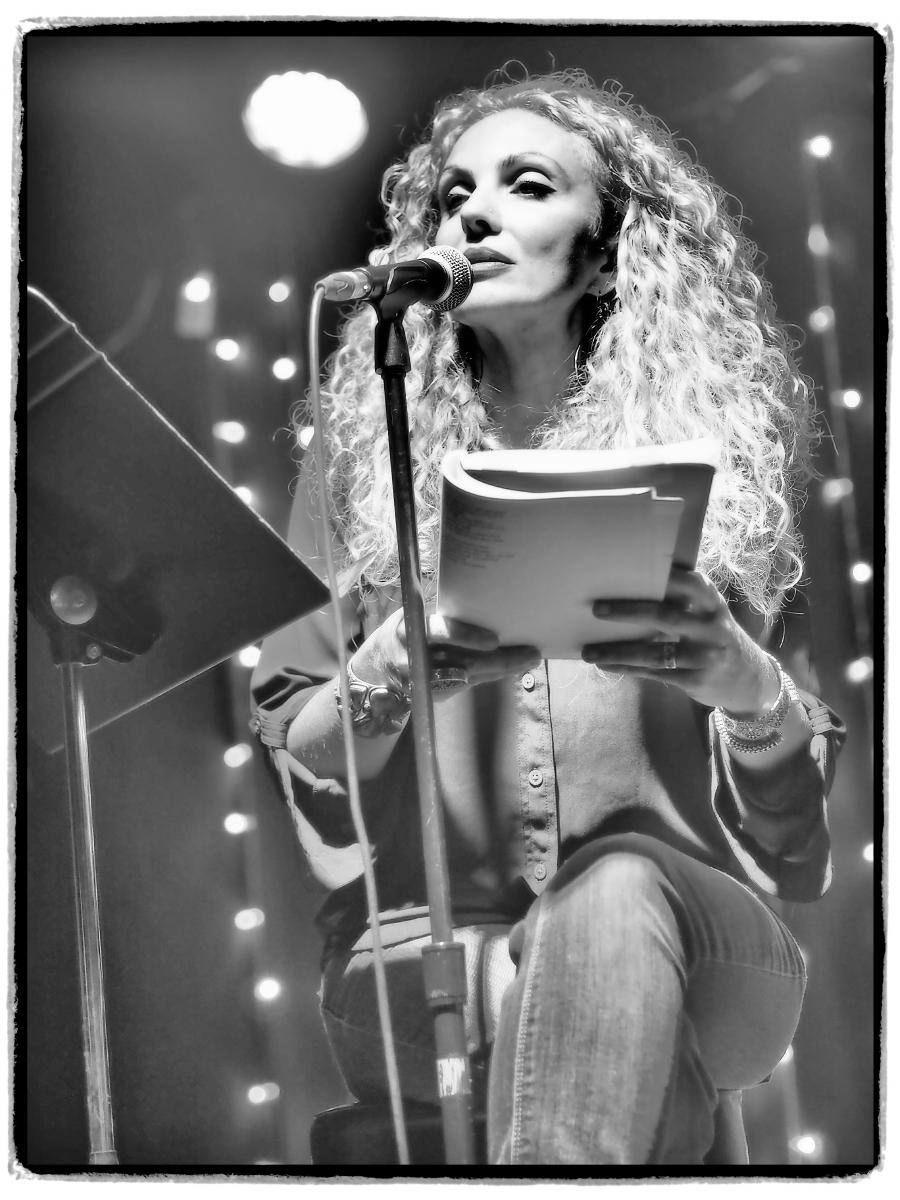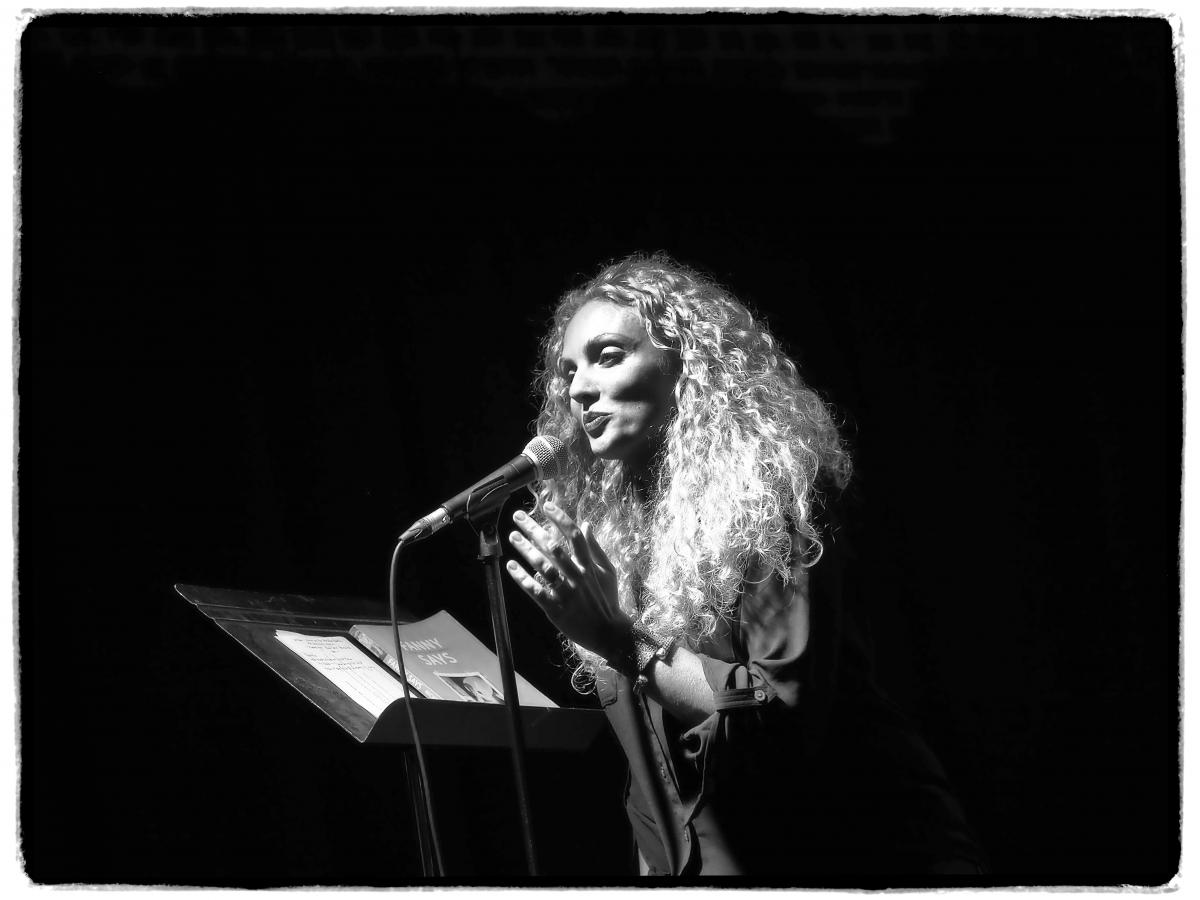
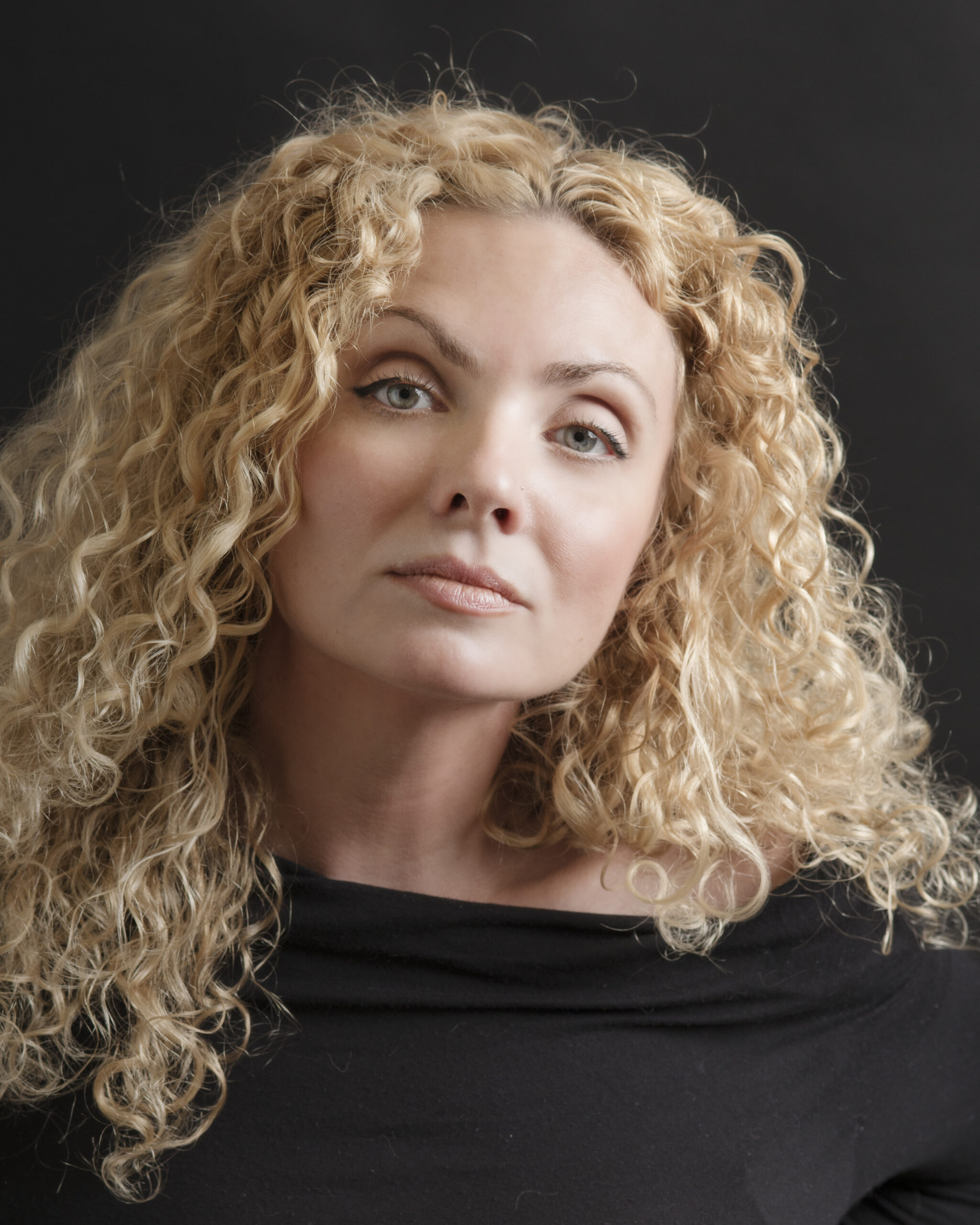
Nickole Brown
Award-winning Poet & Educator
Winner of the Weatherford Award for Appalachian Poetry
Animal Advocate
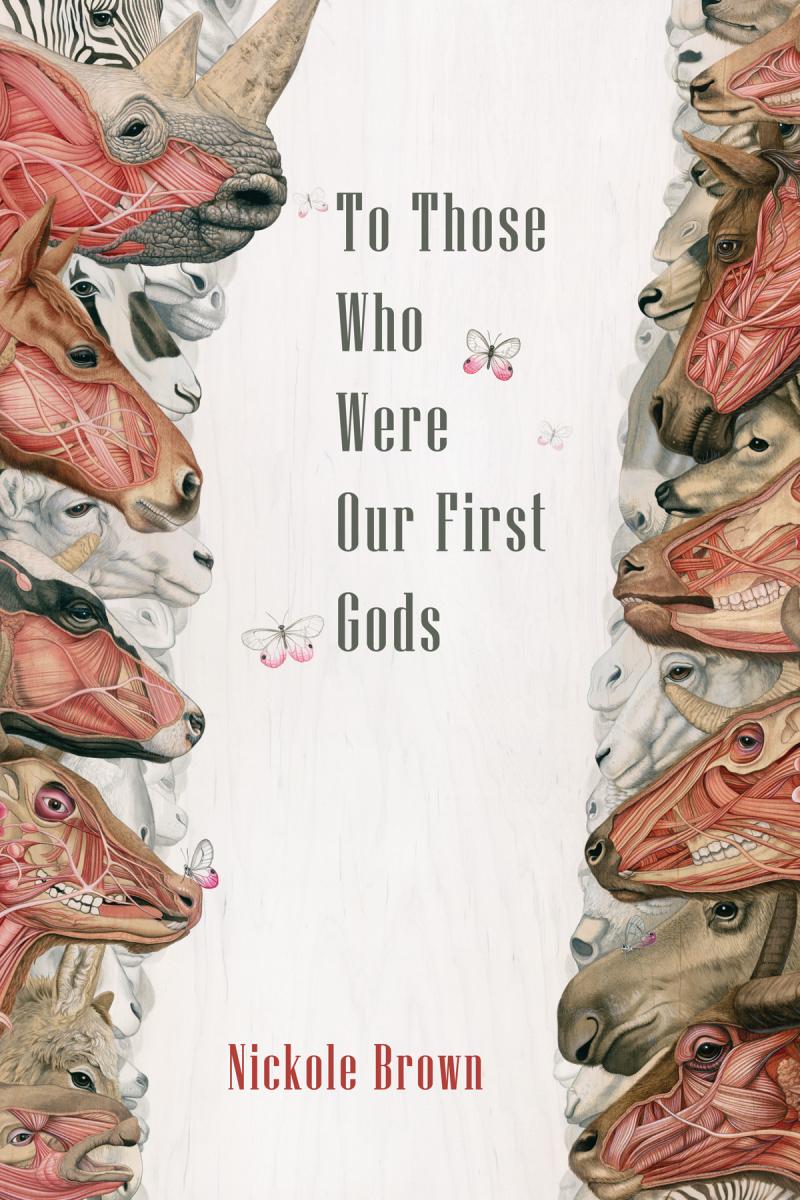
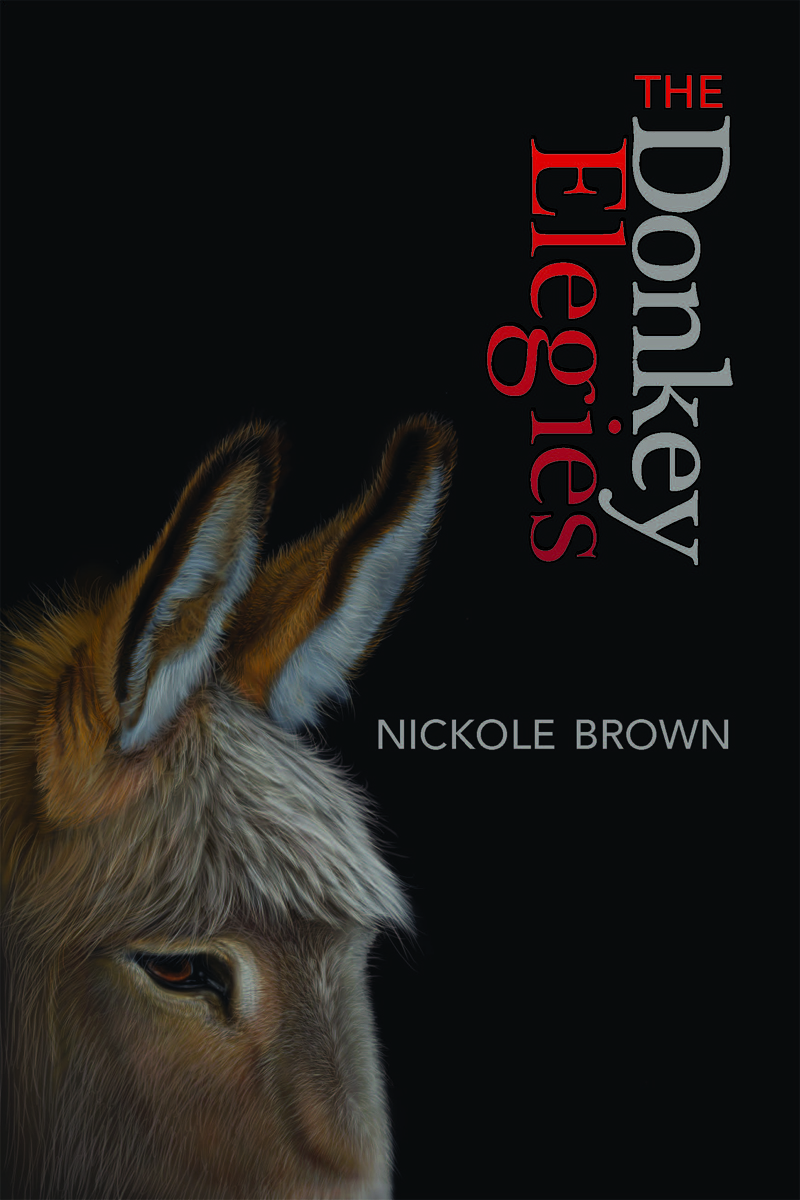
Readings &
Lecture Topics
- An Evening with Nickole Brown
Biography
“Nickole Brown works the miracle of all good art, recording the unbearable even as she transforms it.” –Ellen Bass
“Brown [deftly] presents binaries as paradoxes: Southern femininity with Southern masculinity, Southern hospitality with Southern cruelty, Southern politeness with Southern plain speech.” –Lambda Literary Review
“Brown is a savior of wild creatures, a lover of animals, an angel in waiting, a rescuer, a storyteller.”—Washington Independent Review of Books
As a poet with an MFA in Fiction, Nickole Brown has a strong leaning toward cross-genre work, which was demonstrated in her debut, a novel-in-poems called Sister (Red Hen Press, 2007), published to great acclaim and reissued ten years later with a guide for survivors of childhood sexual abuse. Her second book, Fanny Says (BOA, 2015), is a biography-in-poems about her tough-as-new-rope grandmother from Kentucky. The collection won the Weatherford Award for Appalachian Poetry , and in an Oxford American review, Parneshia Jones wrote, “What makes this book essential to the growing cannon of writers confronting the American heritage is that these poems resist sympathy. . . . Here Brown is at her best—writing calamity with eloquence, speaking, in the same moment, Fanny’s complications and the poet’s claim on it. This book, like a grandmother’s love, is not always pretty, but it pulls you in and gives you so much truth.”
Most recently, Nickole Brown’s writing employs hybridity to examine the relationship between humans and animals in poems that operate like lean, lyric essays. Her work speaks in a Southern-trash-talking way about nature beautiful, damaged, dangerous, and in desperate need of saving. This includes two chapbooks: To Those Who Were Our First Gods, winner of the 2018 Rattle Prize, and her essay-in-poems, The Donkey Elegies (Sibling Rivalry Press, 2020). As Lia Purpura says, “Brown’s gorgeous language is infused with radical tenderness, authentic surprise, and restless curiosity. As acts of rescue, reclamation, and repair, her poems serve as extended heart-songs to all of us, and especially to the least of us.”
Brown has received grants from the National Endowment for the Arts, the Kentucky Foundation for Women, and the Kentucky Arts Council. She received her MFA from the Vermont College, studied literature at Oxford University, and was the editorial assistant for the late Hunter S. Thompson. For ten years, Brown worked at the nonprofit, independent, literary press, Sarabande Books. She was, for many years after, co-editor of the Marie Alexander Poetry Series. She’s taught at a number of places, including Poets House, Hugo House, the Poetry Society of North Carolina, and 24 Pearl Street at The Fine Arts Works Center at Provincetown.
Currently, she lives in Asheville, NC, where she periodically volunteers at three different animal sanctuaries. There she also serves as President of the Hellbender Gathering of Poets, a nonprofit organization that aims to nurture a community hellbent on finding the words that protect and repair our climate-changed world. Their first annual environmental poetry festival is set to launch in Black Mountain, NC, in October of 2025.
In 2024, she’ll be the Writer-in-Residence at Hollins University, and after, she’ll teach—as she does every summer—at the Sewanee School of Letters MFA Program.
Visit Author Website
Videos
Publications
To Those Who Were Our First Gods
Poetry, 2020
For years, Nickole Brown has been at work on a bestiary of sorts, investigating the complex, interdependent, and often fraught relationship between human and non-human animals. In this chapbook you’ll find the first results of this project—nine poems from her new manuscript, all focusing on the experience of creatures in a world shaped (and increasingly destroyed) by us. These pieces—some of them long sequences that operate like lean, lyric essays—have their sight set upon the natural world. But these are not poems of privilege that gaze out the window from a place of comfortable remove. No, these are not the kind of pastorals that always made Brown (and most of the working-class folks from her Kentucky childhood) feel shut out of nature and the writing about it; instead they speak in a queer, Southern-trash-talking kind of way about nature beautiful, damaged, dangerous, and in desperate need of saving.
The Donkey Elegies
Poetry, 2020
The Donkey Elegies closely examines an animal’s history, tracing how one species hauled the stones that built our civilizations, plowed the fields that fed generations, and carted soldiers and weapons from war to war. The poems undo the brunt end of every lewd joke and unearth the sacred origins of a creature we rarely consider except as melancholy cartoon or dumb, stubborn brute. In these twenty-five linked pieces, a truth is made real: that we must cherish each living thing, each animal, each human being for all their worth.
Fanny Says: A Biography in Poems
Poetry, 2015
In this “unleashed love song” to her late grandmother, Nickole Brown’s collection brings her sassy, bawdy, tough-as-new-rope grandmother to life. With hair teased to Jesus, mile-long false eyelashes, and a white Cadillac El Dorado decked with atomic-red leather seats, Fanny isn’t your typical granny rocking in a chair. A cross-genre collection that reads like a novel, this book is both a collection of oral history and a lyrical and moving biography that wrestles with the complexities of the South.
Sister
Poetry, 2007 & 2018
This new edition of Nickole Brown’s debut—published ten years after it first appeared—holds just as much relevancy and power today as it did a decade ago. In this special revised edition are all of the poems that first came to light in 2007, along with a discussion with the author and craft guide geared towards survivors writing through their own trauma.
Articles & Audio
Read What’s In Print
• Review: Fanny Says by Nickole Brown – Lambda Literary Review
• “Nickole Brown on Why the NEA Matters” – Poets.org
• Interview with Nickole Brown at FAWC – 24 Pearl Street Blog
• Call Your Body Home: An Interview with Nickole Brown – Nashville Review
• Book Review: Fanny Says by Nickole Brown – Los Angeles Review
Listen to Audio
• Julie Murphy Interviews Nickole Brown – The Hive Poetry Collective
• Episode 20: An Interview with Nickole Brown – Make No Bones
Selected Writings
• Read “On Memory and Survival” by Nickole Brown – Orion Magazine
• Read “How to Name a Bird” by Nickole Brown – Orion Magazine
• Read “Scare” by Nickole Brown – The Missouri Review
• Read “Grace” by Nickole Brown – Kenyon Review
Against Despair: The Kid Goat
1.
Reader, meet the two women who sunk
everything they had into taking in broken
animals—the gimpy and oozing
critters, the ugly, lopsided, tail-less
pets, urine-soaked and drooling, zested
with fleas, the matted and discarded
scrapheaps left growling and bucking, pissing
on everything, the good-riddance left roped
to a chain-link fence.
No, I take that back.
Instead I want you to be
those two: I want you crazy
enough to try to fix those beasts—
to feed and brush and bathe and dip and
sweetmilk them whole; I want you to try,
to always try, despite the odds,
just as you coaxed the docile
fat-blind pig up on legs that eventually
broke from his own inbred
weight, just as you spritzed the mites
off a mangy hen that would be limp
in the claws of a hawk
later that same day. On the hill, a stubborn
but sometimes gentle sheep grows
cold under a blue tarp,
and in your truck is a towel across
the backseat for your favorite
but neurotic-as-hell dog, how you rushed her
to the vet only to see her
put down.
2.
No, let me make this real—
Reader, I want you tired, every joint
in your body stiff and worn.
I want you to finally strip off
your filthy clothes. Then, I want you jolted
from sleep by a cry that in your dreams
sounds like an infant wailing
and, now awake,
sounds just the damn same.
3.
Go. Find that kid goat
bleating in the grainy dark.
He’s no bigger than a lap dog,
and on his fist-sized head are the buds
of his horns—tiny, like
two popcorn pieces of warm bone—
two bright spots, the only thing
you can see.
Flip on the switch.
Now, you know.
With bare hands I want you to
clear the froth from his lolling
tongue. I want you to grab a rag,
a sponge, the corner of your shirt—
anything you can find—to sop
up the liquid—so much of it
you can’t tell what’s what—be it
mucus or bile or vomit or blood—
as if every water has been brought up
for this giving-in, as if his body
is already a river and rushing
away. Now, use your arms:
it takes strength to steady the
convulsing of a thing even this young,
and then, once his gaze rolls back to
white, you know what to do, you know
your job: push together the furred slits
of his lids, close the extinguished
horizons of his eyes.
4.
Don’t play stupid. You knew
this was coming. You’ve seen it
enough times. You’re not dumb,
just desperate to try
to save this little meat
goat the farmer dumped
at your door,
too septic and riddled
with worms
to even be killed
to eat.
5.
Now, get on your knees.
Mop it up. As you wring
out the rags don’t push away
what you know of the sun,
let yourself admit the light,
how it made his ears pink and transparent
revealed the secret veins of leaves,
how you adored it when they periscoped
to your voice and he looked up to
give you the small meditations
of fresh milk and hay in his mouth.
Go on. Get sentimental
if you have to—have a good cry—
no one is here, and besides,
who would care? Because you try,
don’t you? You always try.
But always, that impossible
riddle, always the word
riddled with the word
worms, as if each whip-like body was curled
into a question, a wriggling puzzle, a mob
infestation of questions—parasites that love
a home so hard they turned that kid goat
anemic, fevering, stuttering with a murmuring
heart, shitting out a writhing
pile of larvae and eggs. Little sips—
little hooks—little burrows—this was how,
little by little, that little goat finally
collapsed, arched his throat back
as if to be slit, jerked his legs up into the
nothing like the fetus he was
just two months before.
6.
But here is the point: Do not ever
let yourself think it didn’t matter.
It mattered then
as it matters now, because until
this morning rose dull on the horizon
with this useless, good-for-nothing
goat now dead on your floor,
regardless, in spite of, no matter,
you fed a beast worthless, a real
lost cause not unlike
this whole stubborn,
beautiful, fucked-up planet
about to seize and drown
in its own melt.
7.
There really wasn’t a thing you could
do, but admit it: if you knew,
if you really could say he would not have died
last night but would certainly die
tomorrow, you’d force yourself
out of bed and do what it is you do:
you’d count his pills, warm his formula
over the stove, rake out his soiled pen,
and with arms wide, you’d bring him
a fresh bale of hay. Yes, that’s right: now say
his silly goat name—because, yes, every living
thing deserves a name—and you called him
Peanut, a playful way to say
he was a flake of the size he should have been,
so sick he did not jump or play as
he should but leaned his tiny face
exhausted into your leg. Now, bend
to stroke his scrawny
goat neck. Say, Good boy, Peanut.
We’ve got you. Now, now
there. Everything’s gonna be just fine.
You know it’s
a lie, but no matter.
Hope, you know by now,
is not a thing you feel
but something you do,
and this is your job. It’s what
you do; it’s what needs to be
done.

